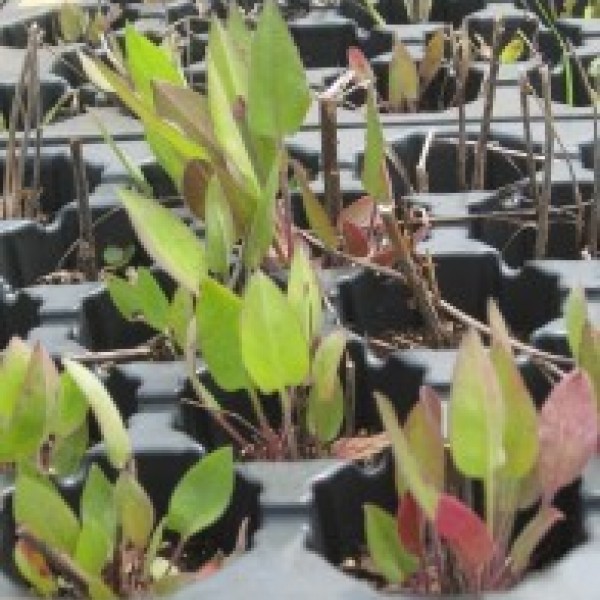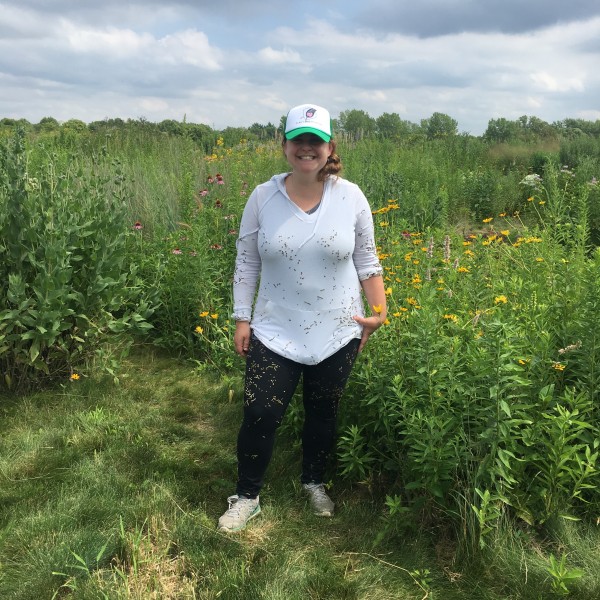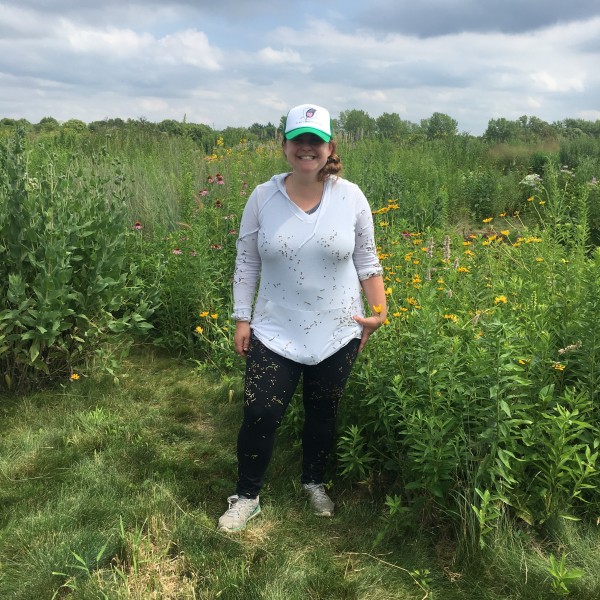
The role of relatedness in competition between prairie species 2016
Chicago Botanic Garden Greenhouses
Ecology, Genetics
Do plants compete more strongly with closely or distantly related species? Does a non-native species that is closely related to a native species have a better chance of invading? Our group wants to determine if closely related species compete more strongly than distantly related species, based on the hypothesis that related species have similar traits and similar niches. We will use a greenhouse experiment to investigate this hypothesis. Individuals will be grown alone, with an individual of the same species, and with closely and distantly related species. The experiment will examine species pairs that are included in a larger, plot-level experiment, and ultimately inform restoration practices in the Midwest’s tallgrass prairie, one of the most endangered ecosystems in North America. This research is part of a larger project that integrates long-term observational data from remnant and restored prairies; experimental manipulations of PD in field and greenhouse settings; and tools for helping practitioners solve complex restoration problems.
Our REU intern will work on competition greenhouse experiments between native prairie species. You’ll work with postdoctoral researcher Evelyn Williams, PhD student Rebecca Barak, and Masters student Jacob Zeldin to maintain plants, measure functional traits, harvest above- and below-ground biomass, and analyze data. In addition to helping with the larger competition experiment, you'll develop an independent project based on your interests to be integrated into the overall data collection effort. You could investigate questions such as: do above or below-ground traits better predict competitive interactions? Does incorporating intra-specific trait variation improve these predictions? Do closely related species actually have similar traits? Do competitive interactions change with resource availability? At the end of the summer, we'll work to analyze your data and present it the rest of the summer interns.


